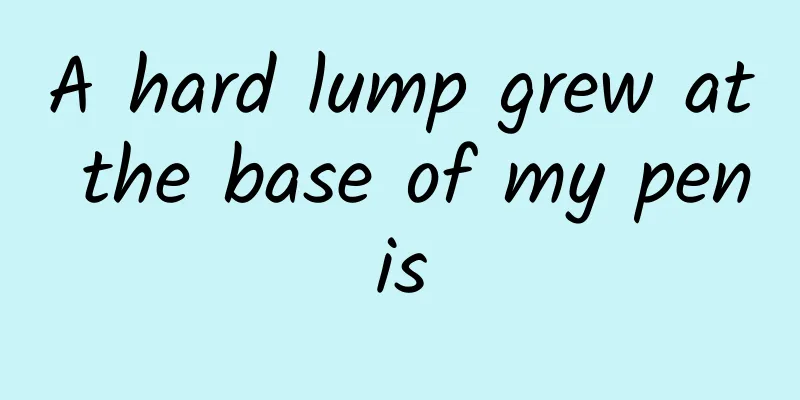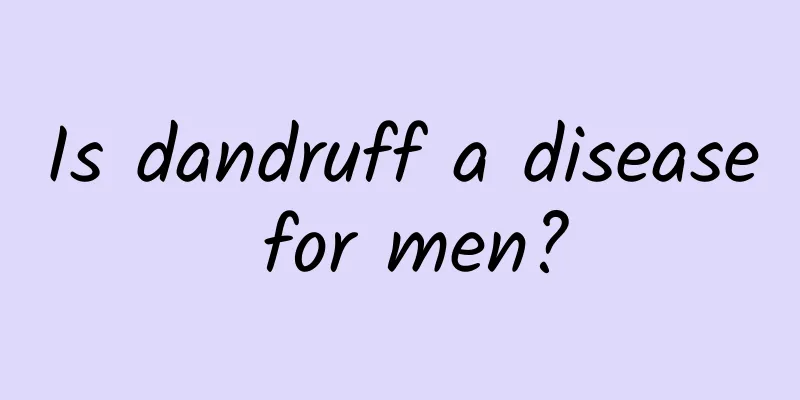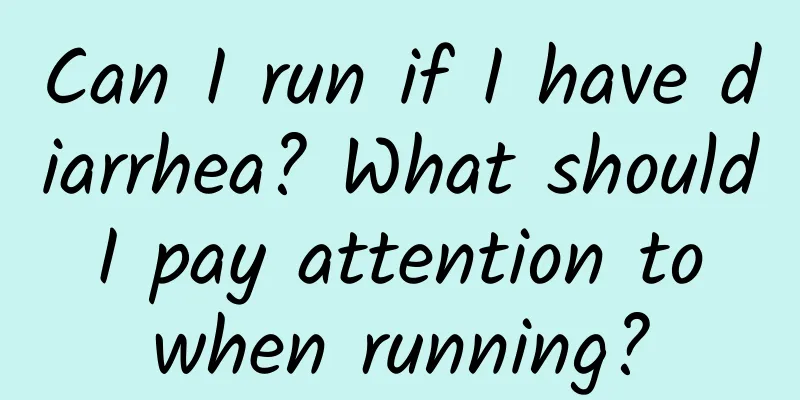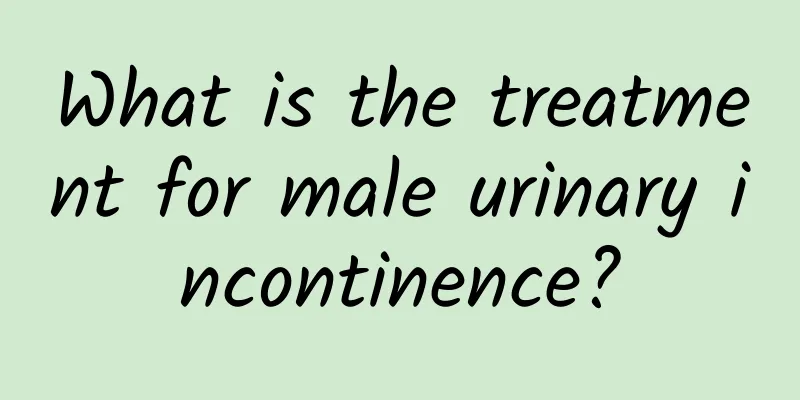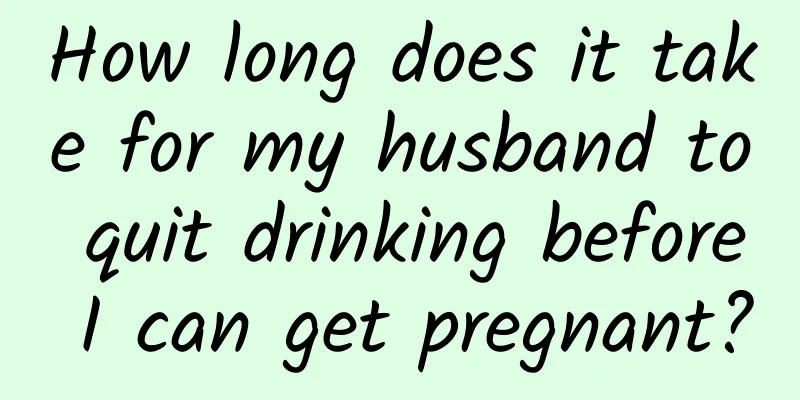What are the symptoms of an enlarged prostate?

|
Prostate enlargement is a disease that many male friends have suffered from. If the prostate is not well protected, it will easily cause the growth of bacteria, leading to prostate disease and affecting enlargement. Patients with prostate enlargement will have obvious obstruction in the urethra and will have obvious tingling sensation when urinating. At this time, it is necessary to check and treat it in time. Symptoms The prostate is a male sex gland organ that is about the size of a nut and is located above the bladder. The bladder stores urine produced by the kidneys, and the prostate acts like a collar around the urethra, a tube that carries urine from the bladder to the penis. [1] The symptoms of prostate enlargement are mainly manifested in the following aspects. 1. Obstructive, characterized by a thinning of the urine stream, so it takes a long time for the patient to urinate. In addition, the patient must stand for a while before starting to urinate, and the urine stream may be intermittent. 2. Irritability, including frequent urination, nocturia, and urgent urination. Most people can still tolerate it for one to two hours if they feel urine in their bladder, but patients with enlarged prostate need to go to the toilet immediately. Bloating and pain are also one of the irritation symptoms. Patients with prostate enlargement usually have early symptoms of increased urination frequency, which is more obvious at night. Over time, it can lead to congestion and edema of the bladder neck. Urinating becomes even more difficult. At this time, the prostate is filled with water and edema, making the urine stream thin and forked, and sometimes it does not form a line and drips out. In the later stage, if the amount of residual urine is equal to the normal bladder volume, urine will overflow automatically. (1) Frequent urination: The frequency of nocturnal urination increases, the interval between urinations becomes shorter, and the frequency gradually increases as the urinary tract obstruction progresses. (2) Discomfort when urinating: After urinating, there is dull pain in the urethra, or dripping urine, residual urine, or discomfort in the lower abdomen. (3) Thinning of urine stream: The ability to urinate is weakened, and glandular hyperplasia causes the edge of the urethral opening to become uneven, resulting in a thinner urine stream. |
<<: Does prostate puncture hurt?
>>: What are the treatments for male warts?
Recommend
What is the cause of itchy glans?
The glans of men is a very sensitive part. If thi...
Low back pain premature ejaculation
Premature ejaculation is the most common male eja...
When should I have sex if I have leucorrhea?
When a woman has stringy leucorrhea, it may be du...
Can I still have children after sterilization surgery?
my country has now opened up the two-child policy...
What are the harms of frequent ejaculation to the body?
The most confident expression of any man is often...
How to compensate for premature ejaculation?
Usually, staying up late for a long time, too muc...
Causes of male urethral injury
There are many common diseases in men. When it co...
You won’t know until you read it. What harm will kidney deficiency in men cause?
It is normal for men to have kidney deficiency. T...
How can boys get rid of acne and acne marks? A few tips to get rid of acne without leaving marks
Many people can't help but squeeze pimples wh...
The reason why there are small bumps on the foreskin
I believe everyone knows the importance of foresk...
Pictures of men with hernia
With the continuous development trend of social d...
Four kinds of kidney-tonifying vegetables, but many people don’t know about them
Introduction: Kidney nourishment is something tha...
How to replenish blood for men with anemia
Men are just like women, prone to anemia. Anemia ...
What are the dangers of not doing dorsal nerve block?
In life, men get sick for various reasons, among ...
What causes testicular pain after varicocele surgery?
Varicose veins are a common disease in men. Gener...

